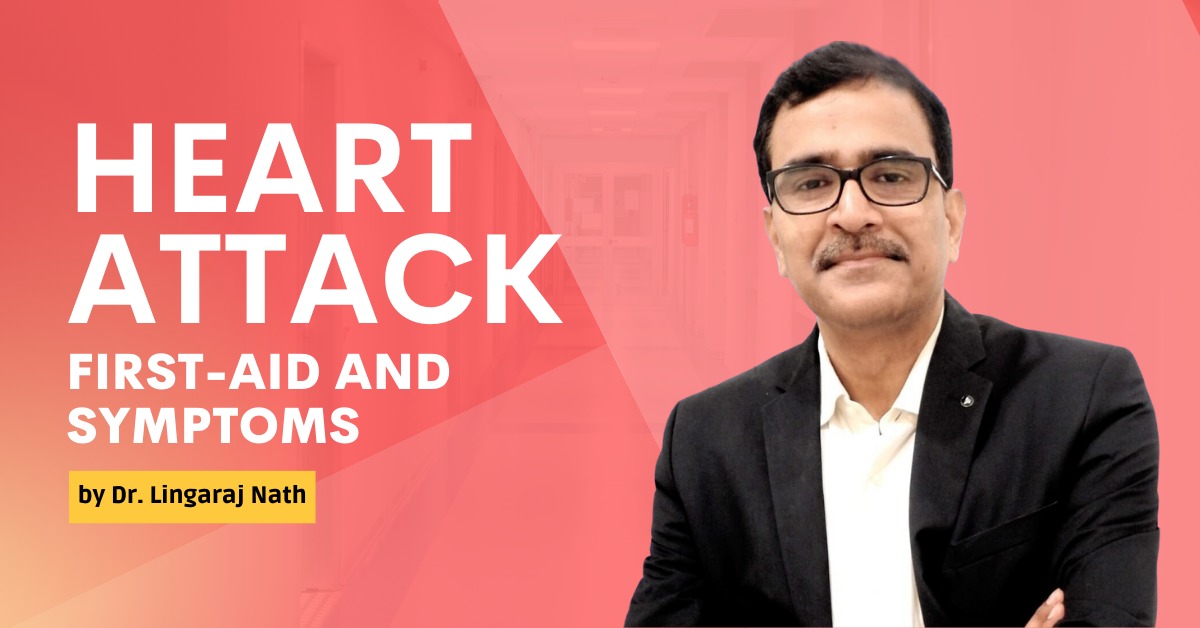
What is a heart attack?
A heart attack happens when the supply of blood to part of the heart is suddenly blocked, usually by a blood clot. You can make a full recovery following a heart attack, but this may depend on how much of the heart is affected.
Symptoms of a Heart Attack:
- Chest Discomfort: The most common symptom is a feeling of pressure, tightness, or pain in the chest. It may last for a few minutes or come and go.
- Upper Body Pain: Pain or discomfort may radiate to the arms (especially the left arm), shoulders, neck, jaw, or back.
- Shortness of Breath: Difficulty breathing or a sensation of being out of breath, often accompanying chest discomfort.
- Nausea and Vomiting: Some people may experience feelings of indigestion, nausea, vomiting, or abdominal discomfort.
- Cold Sweats and Dizziness: Profuse sweating, clammy skin, lightheadedness, or dizziness can occur during a heart attack.
- Fatigue: Unusual fatigue or sudden exhaustion may be a warning sign, particularly for women.
First Treatment Steps for a Heart Attack:
- Call for Emergency Medical Assistance: Dial emergency services or your local emergency number immediately to request an ambulance. Time is critical in treating a heart attack, so do not delay seeking medical help.
- Chew and Swallow Aspirin: If available and not allergic, chew and swallow a regular, non-coated aspirin (usually 325 mg). Aspirin helps to thin the blood and reduce heart damage during a heart attack.
- Rest and Stay Calm: Sit down, rest, and try to remain calm while waiting for medical professionals to arrive.
- Use Nitroglycerin (if prescribed): If you have been prescribed nitroglycerin for heart-related conditions, follow the instructions on how to take it while awaiting medical assistance.
- Administer CPR (if trained): If the person experiencing the heart attack becomes unresponsive and stops breathing, perform CPR if you are trained to do so. CPR involves chest compressions and rescue breaths to maintain blood circulation until professional medical help arrives.
Remember, these initial treatment steps are not a substitute for professional medical care. Seeking immediate medical attention is crucial for proper diagnosis and treatment of a heart attack.




